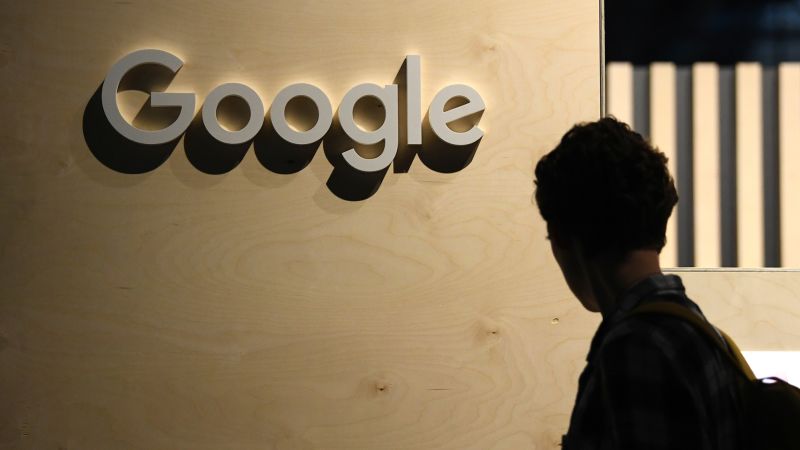New York, CNN — Google has been found to have violated US antitrust law with its search business, according to a federal judge’s ruling on Monday. This decision marks a significant defeat for the tech giant and has the potential to reshape how millions of Americans access information online. The ruling by US District Judge Amit Mehta stated that Google is a monopolist and has acted as one to maintain its monopoly, thereby violating Section 2 of the Sherman Act.
Google’s dominance in the search market has been fueled by exclusive contracts worth billions of dollars, securing its position as the default search provider on smartphones and web browsers. These contracts have effectively blocked out potential rivals such as Microsoft’s Bing and DuckDuckGo. The US government alleged in a historic antitrust lawsuit that Google’s anticompetitive behavior needed to be addressed.
Specifically, the court found that Google’s exclusive deals with key players in the mobile ecosystem, such as Apple, were anticompetitive. Additionally, Google’s high prices in search advertising, reflecting its monopoly power, were deemed problematic. While the court did not find Google to have a monopoly in search ads, the overall opinion represents a significant milestone in the US government’s efforts to regulate Big Tech.
Attorney General Merrick Garland hailed the ruling as a historic win for the American people, emphasizing that no company, regardless of its size or influence, is above the law. The White House also praised the decision, stating that Americans deserve an internet that is free, fair, and open for competition.
Google has announced its intention to appeal the decision, emphasizing its commitment to making products that are helpful and easy to use. The case against Google is separate from another antitrust suit brought by the Biden administration in 2023 related to the company’s advertising technology business.
The ruling against Google is expected to trigger a separate proceeding to determine the penalties the company will face. This process, along with Google’s appeal, could take months or even years to unfold. The court may consider various remedies, such as implementing a “choice screen” to inform users about alternative search engines.
The decision against Google is being hailed as a landmark case in the realm of antitrust law. It joins the ranks of other major antitrust cases in history, such as the breakup of AT&T and Standard Oil, as well as Microsoft’s bundling of Internet Explorer with Windows. The ruling underscores the importance of addressing monopolistic practices, particularly in the tech industry.
While some critics have raised concerns about the potential impact on consumers and competition, others view the ruling as a necessary step to ensure a level playing field in the digital economy. The decision against Google could have far-reaching implications for other tech giants facing antitrust scrutiny, such as Apple and Amazon.
In conclusion, the ruling against Google represents a significant development in the ongoing efforts to regulate Big Tech and promote competition in the digital marketplace. The case serves as a reminder that no company is above the law, and that monopolistic practices will not be tolerated. As the legal proceedings continue, the tech industry and consumers alike will be closely watching the outcome and its implications for the future.


